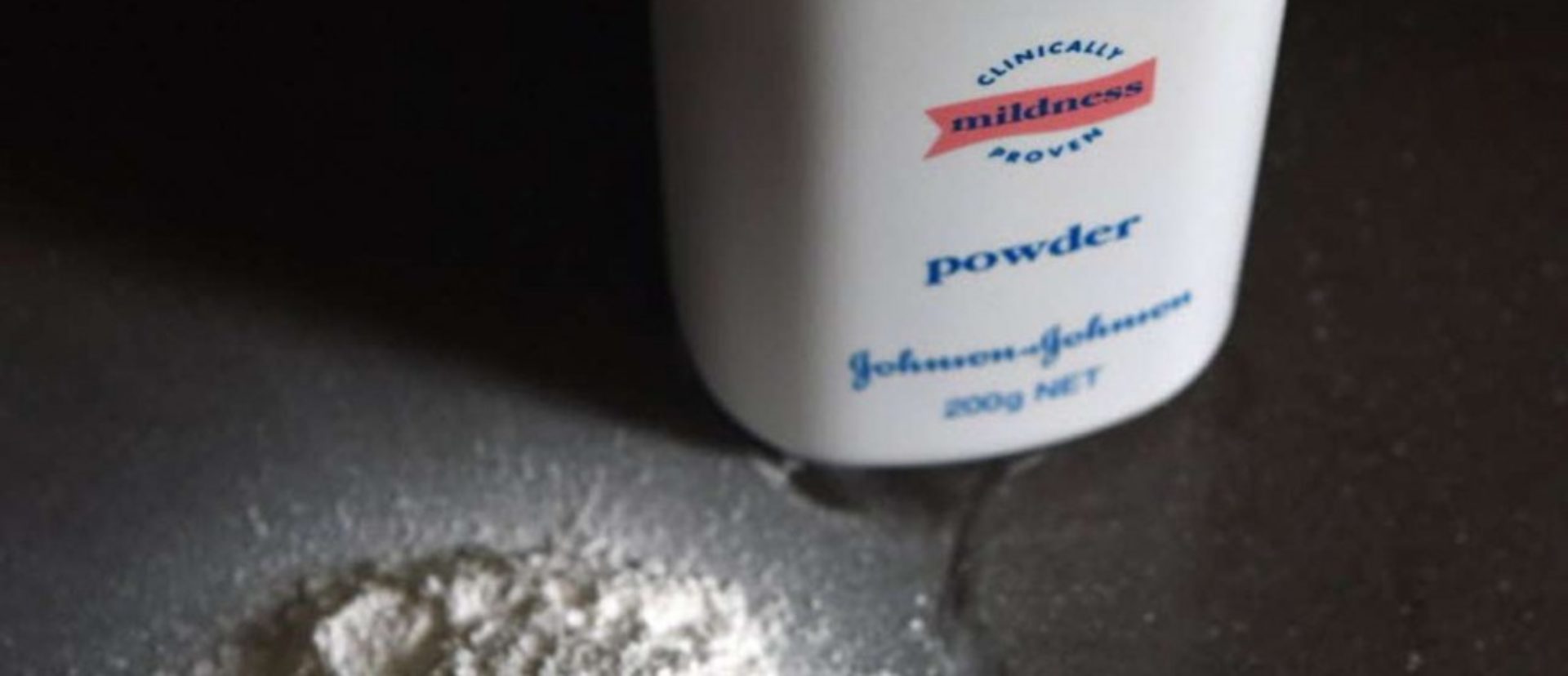June 29, 2017, Law 360 — A toxicology expert who has repeatedly testified for women alleging they developed ovarian cancer after using Johnson & Johnson’s talcum powder products on Tuesday explained her methodology to the California judge overseeing the state’s first talc trial.
Toxicology and pharmacology expert Laura Plunkett defended her conclusion that talc causes cancer during the second day of a so-called Sargon hearing convened by Los Angeles Superior Court Judge Maren E. Nelson to evaluate the admissibility of expert opinions. Plunkett has provided testimony over the alleged talc-cancer link in trials in St. Louis, where juries have hit J&J with several big-dollar verdicts.
During questioning Tuesday by plaintiff Eva Echeverria’s attorney, Mark P. Robinson Jr. of Robinson Calcagnie Inc., Plunkett described in detail her background in academia and decades of consulting work, including work for cosmetic companies, and the methods she used in forming her opinion that the use of talc on women’s genital areas causes ovarian cancer.
After the parties concluded their questions near the end of the day’s hearing, however, Judge Nelson said she had her own questions for Plunkett, asking her what she meant when she said that talc is “toxic.”
“Your average layperson thinks toxic, in the context of a chemical, means poisonous. That’s the dictionary definition of toxic. I just want to understand, what you mean by toxic is eventually there will be an adverse effect?” Judge Nelson asked.
Plunkett said she meant that talc can affect a cell’s genetics, which in the long run can end up being harmful and eventually lead to cancer.
Judge Nelson also questioned Plunkett’s assertion that she used a “weight of the evidence” methodology to show that talc causes cancer.
“I may be coming from a different perspective than a scientist, but in the law we weigh the evidence too,” Judge Nelson said. “I was wondering, was there anywhere else in your report or other work you’ve done for counsel that you’ve laid out, ‘Here are the studies that favor it, here are the studies that don’t favor it, and here’s how I reached my conclusion.’”
Plunkett said that she had provided this information during her deposition, and had cited other reports that made their own weight-of-the-evidence determinations.
The Sargon hearing is named for the California Supreme Court’s 2012 ruling Sargon Enterprises Inc. v. University of Southern California, which held that trial courts must evaluate whether proposed expert testimony has sufficient scientific backing, similar to the Daubert standard in federal court.
Echeverria filed suit with six other women in Los Angeles Superior Court in July 2016, alleging that for years she used, according to its instructions, talcum powder mined by Imerys Talc America Inc. and sold by J&J, and that she developed ovarian cancer in 2007
Echeverria would be the first plaintiff to head to trial out of the hundreds in the complex litigation consolidating California claims against the companies. Her attorneys had argued in January that her case should be tried first because she had been diagnosed with only six months to live, and that month Judge Nelson scheduled her trial for July 10.
The Sargon hearing started on Monday, exactly one week after a mistrial was declared in the most recent talc trial in St. Louis, involving the claims of three deceased women. St. Louis Circuit Court Judge Rex Burlison granted J&J’s motion to halt the trial because of the U.S. Supreme Court’s ruling that day in Bristol-Myers Squibb Co. v. Superior Court of California, which struck down a California Supreme Court ruling allowing out-of-state plaintiffs to join a mass action over the blood-thinner Plavix.
Echeverria’s case, however, was not affected by the Bristol-Myers decision, because she is a California resident who contends she developed ovarian cancer while living in the state.
The three deceased women’s trial was the sixth such trial in St. Louis over the alleged link between J&J’s talcum powder products and ovarian cancer. The company has been hit with verdicts totaling more than $300 million in the first handful of cases to go to trial there, and it’s been cleared of liability in one trial.
In New Jersey, however, a trial court dismissed a pair of similar lawsuits alleging a talc-cancer link before they got to trial on the grounds that their experts didn’t offer enough scientific proof that there is a link between the mineral and ovarian cancer.
